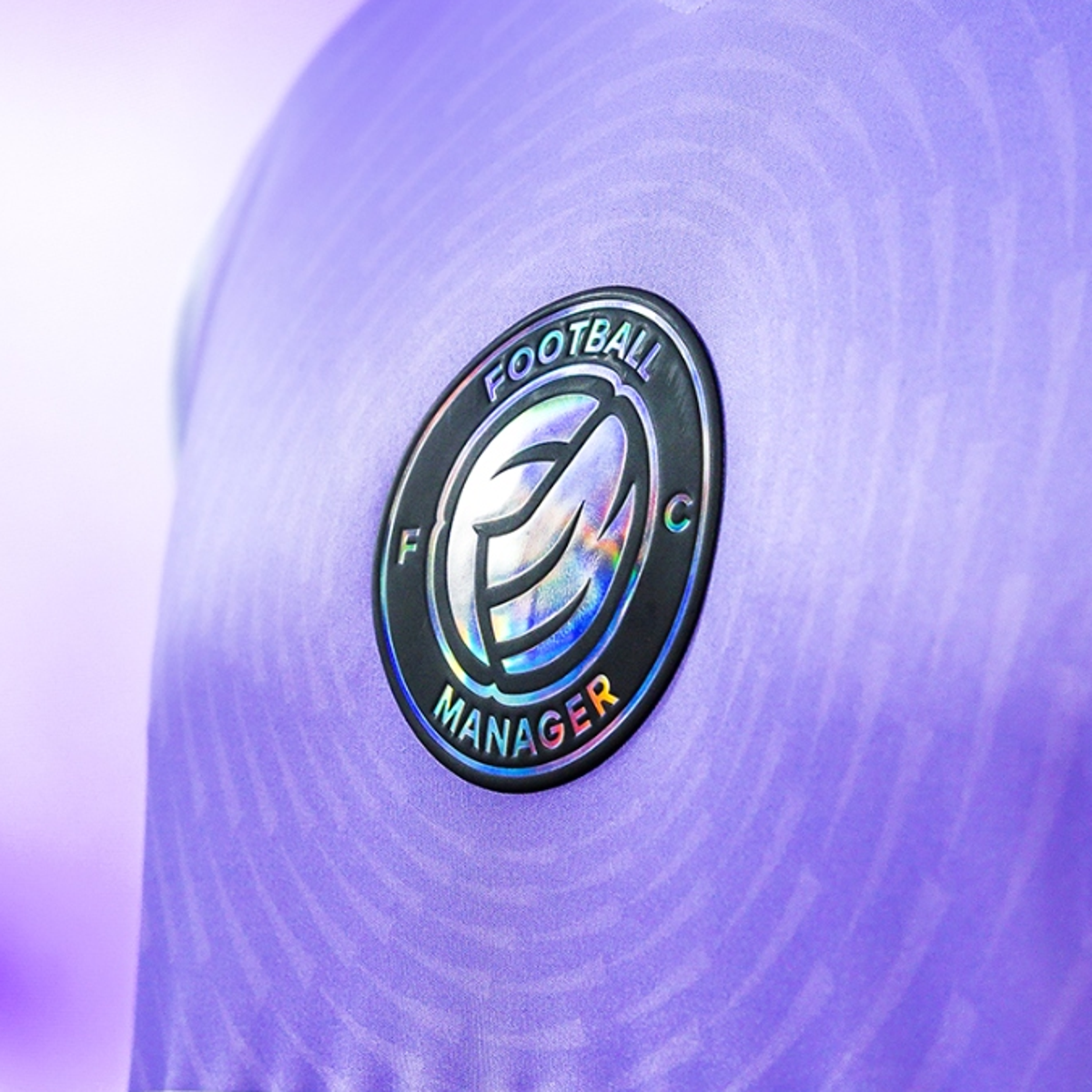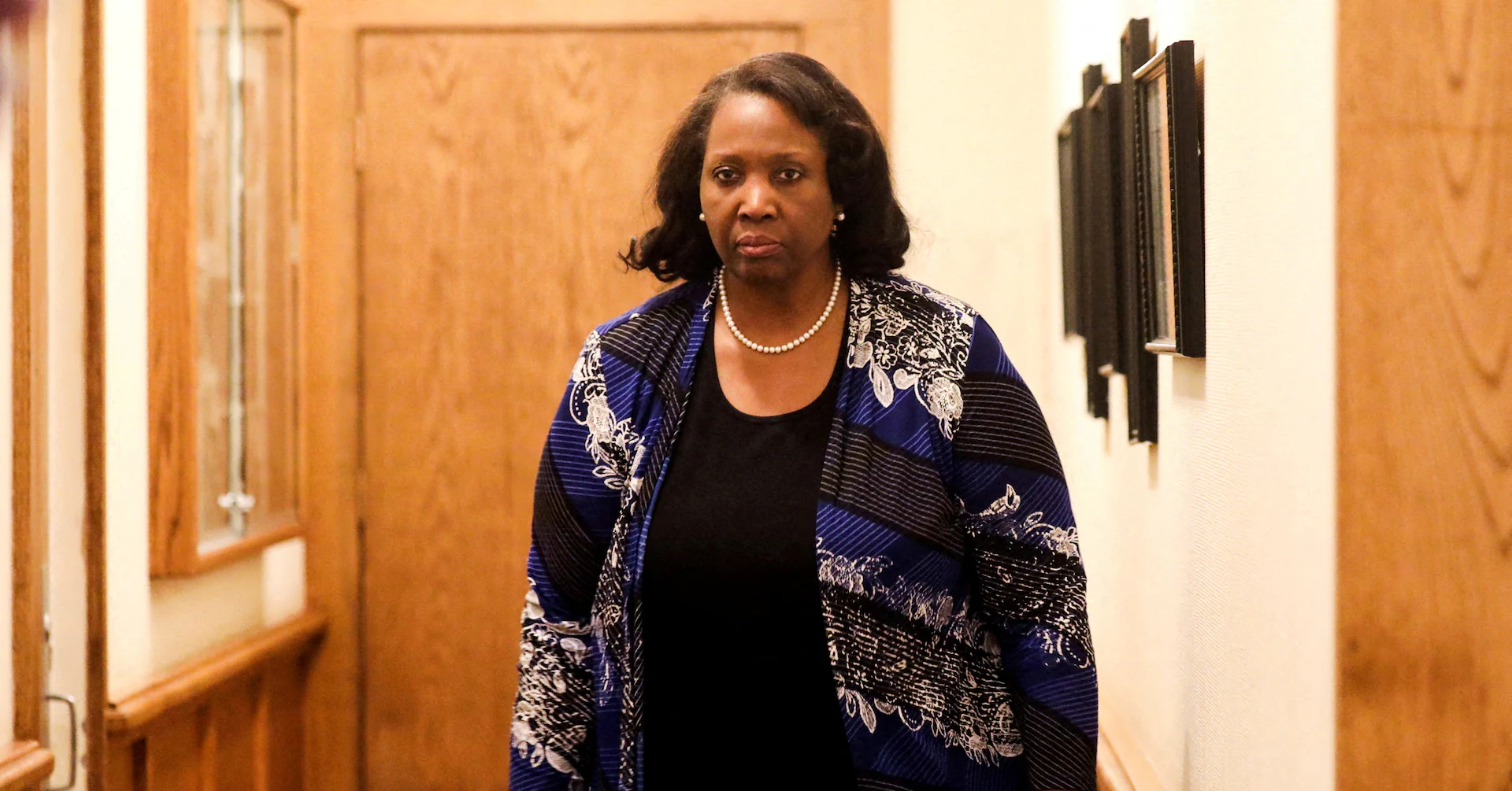Football Manager player numbers are through the roof thanks to subscription platforms like Game Pass and Netflix – series boss Miles Jacobson explains how
By Chris Tapsell
Copyright eurogamer

“It was five, six years ago we celebrated two million players for the first time,” Miles Jacobson tells me, during our lengthy interview with the studio head at Football Manager developer Sports Interactive’s office earlier this summer. Checking that reference, it was indeed 2020 when the studio first announced that figure, with some pride. “And then we’ve really embraced the subscription platforms…”
Those platforms – Xbox Game Pass, PS Plus, Apple Arcade, Netflix and more – have had a marked effect on the series. From 2 million players in 2020, the series’ playerbase has skyrocketed. “As I sit here today,” Jacobson says, in the late summer, “and because I haven’t been on social media these numbers haven’t been [publicly] updated for a long time, so I’m glad you’re sitting down – as of when I last checked, we’re at 19.09 million players. Of which, 7.5 million have played for more than five hours. If you play a game for more than five hours, you tend to play for a lot longer.”
Of those, 2 million people played the game in the month of June alone, Jacobson goes on. “That’s for a game that has been out since November 2023.”
While going through the figures, Jacobson brings up a dashboard on the giant screen he has in his office. Total playtime: 1.7bn hours, for FM24 alone. Average playtime: 118.8 hours, “including all the people that have subscribed and played for an hour and then not come back.” Without those, that figure’s in the many hundreds.
And then the one that stood out the most to me: FM24, as of late this summer, actually had slightly more regular daily players than when it first came out. Two years after release, with no FM25 after that game’s shock cancellation and no additional, official updates or data patches to fill the gap, FM24 is effectively bigger than it’s ever been.
“We have nine times as many players; we have two and a half times the revenue,” Jacobson says, before adding quite understandably: “So we’re really happy with the partnerships.”
Those kinds of partnerships have been in the spotlight of late. Back in July, for instance, Arkane Studios founder Raphael Colantonio called Game Pass the “elephant in the room” of the conversation around Xbox parent company Microsoft’s large-scale layoffs. He referred to it then as an “unsustainable model that has been increasingly damaging the industry for a decade, subsidised by ‘infinite money’, but at some point reality has to hit.” He added, “I don’t think it can co-exist with other models, they’ll either kill everyone else, or give up.”
The sentiment has some backing – in a continued conversation on X with Michael Douse, director of publishing at Baldur’s Gate 3 studio Larian, who broadly echoed those points, Colantonio continued: “I’m fed up with all the bs they fed us at first like ‘don’t worry, it doesn’t impact the sales’, only to admit years later that it totally does.”
It all makes for interesting context for Football Manager’s huge success, something Jacobson attributes quite directly to subscriptions. FM is a relatively unique series of course, in that it’s annualised, has theoretically different audience to ‘core’ games, and is available on such a wide array of platforms, from PC and consoles to tablets and mobile. Nevertheless, Jacobson says there are specific things the studio has done to ensure its success on subscription services.
“We built a whole business model around it,” he says. “You can’t just turn around and do this – this was before we launched on the subscription platforms, we’d been talking about it. And we’d been working out what we were going to do for five years – it was a five-year journey before we went with the first experiment, and then we did another experiment, and then we did another experiment, and then we learned from those experiments, and that’s when the full strategy was put in place.”
Part of that strategy is in building up what Jacobson called a “long-term addressable audience”. In other words: those players who play the game for more than five hours. Essentially they become a kind of insurance against subscription revenue suddenly going away. “If the platforms decided they didn’t want us anymore, we would know that we have a lot more consumers to talk to,” Jacobson explains.
As for that revenue, the specifics of the deals these kinds of platforms make with publishers and developers are quite heavily guarded, but Jacobson could speak broadly to how that worked – how, for instance, does getting nine times more players in a game like Football Manager equate to 2.5 times the revenue, when the games don’t include any real in-game microtransactions for those extra players to spend on?
“Different platforms work in different ways,” he says. “Some of them work in a world of up-front fees and royalties. Some of them work in a way of royalties. Those royalties are different for different platforms, so some are based on eyeballs, some are based on playtimes… So what Epic does with their free weeks is very different to what Microsoft does with Game Pass, very different to what Apple Arcade does. Which is very different to what Amazon Prime Days do, which is very different to what Netflix does.”
An extra upside comes “if your sales don’t drop,” Jacobson adds, meaning a studio such as Sports Interactive gets the revenue from the royalties and revenue from sales of the games they would’ve always had. “We don’t see cannibalisation, which is an absolute key thing. But we work with a publisher that we’ve worked with for a long time, who happens to own us as well, who understands the nature of annual iterations.” The studio also has a five-year plan, Jacobson says, and publisher Sega its own 10-year plans, which factor in the timing for when certain deals might run out.
“We know when our deals are going to run out with these platforms,” Jacobson says. “If we can get a deal that makes sense for us, then we will do the deal that makes sense. If we don’t… we know how many customers have played for more than five hours, so we know what our target number is going to be to hit that year. So it actually helps us, being able to be in a – I can’t say fully ‘no-lose’ situation – but in most cases we’re in a no-lose situation.”
All that has left Jacobson almost unanimously positive about the services, at least in terms of how they’ve worked for Football Manager. “We’d love to stay with the partners, we work very, very well together, and it’s massively increased our audience – but I don’t control their businesses, and with any large business they can pivot, so we’ve protected ourselves from that, and that’s why it was so important to do that long-term plan first.”
As for that painfully protracted wave of layoffs, Jacobson put much of the industry’s difficulty down to games’ increasing competition for attention: “We are in the middle of a battle for eyeballs.”
“We are not just battling time for other games,” he adds. “We’re also battling for the time of people watching TV, people watching YouTube, music, videos – games are battling with streamers over eyeballs, because there’s only one set of eyeballs. It all ties into the same thing… you have games like ours that have huge playtime. You have games like Candy Crush or Clash Royale, but also games like Destiny that have huge, huge playtimes, and we’ve seen a lot more of those coming through.”
All of those games, he goes on, “are battling against everything else. Plus there are more games coming out now than there’ve ever been before. Literally thousands of games coming out each month. Not everything can survive. So the subscription platforms are part of it, but the whole market is part of it as well.”
Likewise, he adds, “you have to be realistic about the situation, which is: if there aren’t enough hours in the day for the games to be played, then there are games that aren’t going to be able to be made. That’s the reality, in my opinion, of what people have been going through the last few years… I think people probably realised there’s just too many games coming out, they can’t all be successful. And the budgets have gone up so much – budgets have gone up exponentially – so you have to sell a lot more than you had to sell five years ago to have a hit game. So it’s a perfect storm.”
That ultimately comes back to Jacobson and the team’s five- and ten-year plans – something which might insulate Football Manager as a series more than other games from the “infinite money” concerns raised above. “We’ve got my COO, we’ve got the comms team, we’ve got the finance team, we’ve got the BI team, and we’ve got the whole of Sega that we worked with to agree on that long-term plan,” Jacobson says. “And then I ruined it all by not releasing FM25.”
You can read much more from Jacobson on what happened to FM25 and what expect from FM26 in our big Football Manager interview with the Sports Interactive gaffer.



